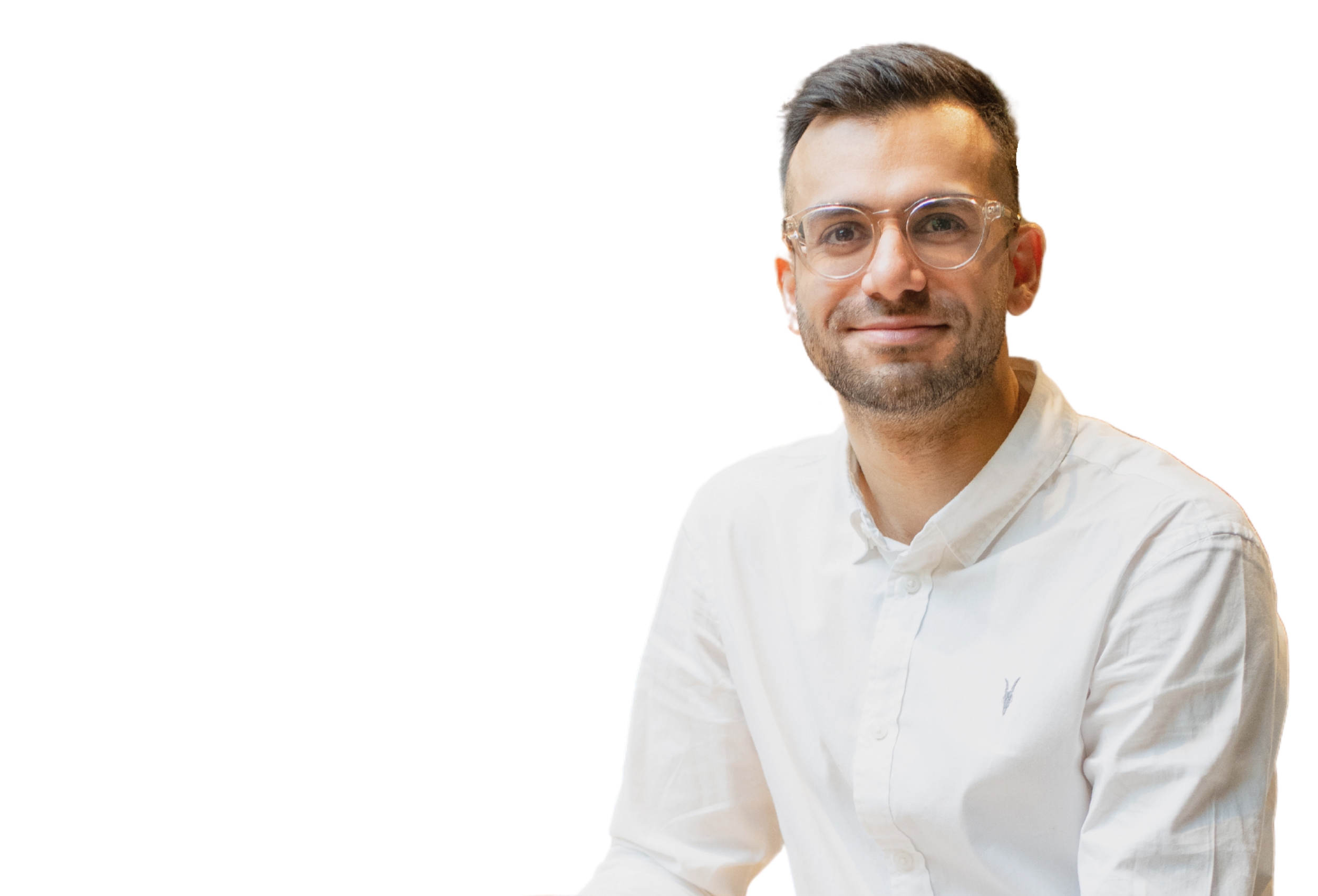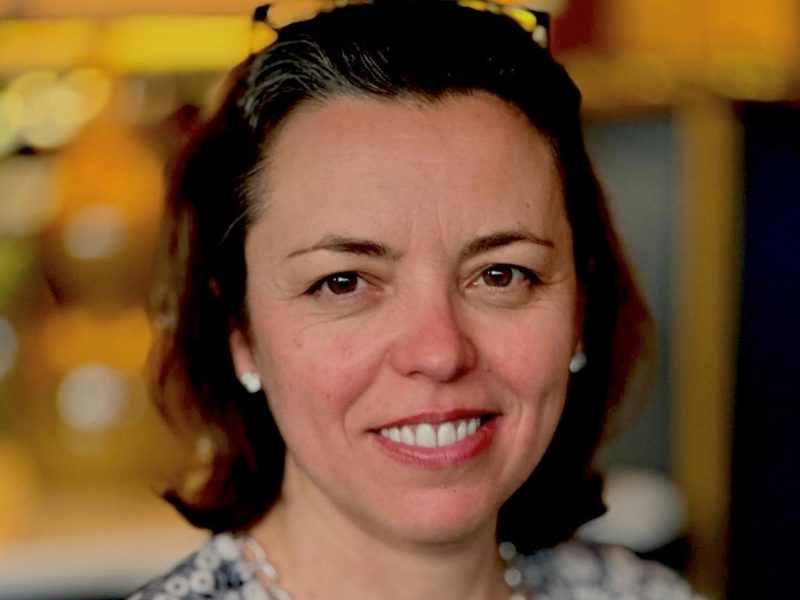By Dr Kiran Sodha, GP at Primrose Hill Surgery
On 6 August 2015, I opened the door to Primrose Hill Surgery for the first time. Seeing Barbara, the receptionist, remains my only lasting memory of that day, as the rest was lost in a patient-filled haze.
This was my first day as a qualified GP. Fast forward nine years and my Primrose Hill chapter is closing, as I move on with my career to pursue other opportunities. I’d like to share some thoughts about the past and future of healthcare before I sign out.
Medicine 2.0
Over the last century, medical care has excelled in its ability to deliver what Dr Peter Attia has coined Medicine 2.0. Medicine 2.0 is public health and evidence-based medicine which provides life-saving and life-prolonging care.
But Medicine 2.0 is failing us when it comes to the modern diseases of our lifetimes. It is not improving the quality of life for the longer years that we’re living.
What are the modern diseases? They are mental health, including anxiety and depression. They are the metabolic health problems, including Type 2 diabetes; the cardiovascular problems, such as heart attacks and strokes; and finally one that unfortunately afflicts many in Primrose Hill too, dementia. They are the slow, uncomfortable, often debilitating and painful killers.
We have tablets to slow down dementia and pills to lower your cholesterol; we have therapies for diabetes and antidepressants for your mental ailments. But a lack of healing and prevention of long-term illness is the failure of Medicine 2.0.
Is that where Modern Medicine 3.0 comes in? Perhaps, but it is not likely to look much like pills, injections and surgery.
Medicine 3.0
Medicine 3.0 looks to reversal and remission, but most importantly prevention.
Prevention and remission do not come in a pill. Prevention comes from community. It comes from education and prosperity. From a health perspective, it comes from nutrition, movement, exercise, emotional and mental wellbeing, stress reduction, relaxation and sleep, and a focus on the interplay between ourselves and our environment.
How does a healthcare system look if it’s to do this? In short, I don’t believe it can. It needs a far wider approach than just medical treatment. We still need Medicine 2.0, but we now also need Medicine 3.0.
Medicine 3.0 doesn’t fit into ten-minute appointments. It means new models of health creation, and an entirely different system of incentivising and funding services. I don’t believe the NHS is ready for this, nor do I fully understand whether the NHS can or should deliver this.
But I know that things need to change and I can’t continue to be a bystander. I am learning how to change those things, and to develop the necessary services, to deliver Medicine 3.0. This is my leap of faith – which sadly means I am hanging up my hat in Primrose Hill. I will be focusing my time on remission, reversal of disease, health promotion and disease prevention.
The people I will miss the most are my patients, and I am so grateful to have been part of the fabric of the community. All the best. And I’m sure I’ll be sneaking into the odd clinic.




